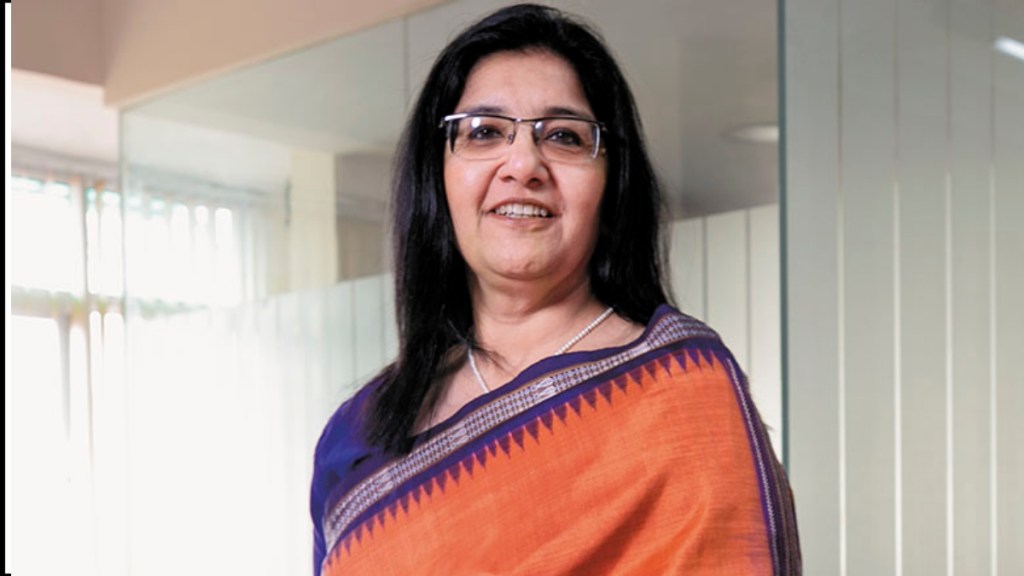Padmaja Ruparel’s professional journey has been almost magical. From an entrepreneur to a corporate executive to an angel investor and a fund Investor. “It has been an awesome journey,” says the co-founder of Indian Angel Network (IAN), a group of angel investors.
While being engaged with India’s entrepreneurial ecosystem more than 22 years ago, she helped set up India’s first TiE (The Indus Entrepreneurs, a Silicon Valley non-profit supporting start-ups) Chapter in Delhi.
Since its launch in 2006, IAN has invested Rs 900 crore in over 200 companies and has a market valuation of more than $9 billion. IAN aims to invest Rs 5,000 crore and create 500,000 jobs by 2030.
Recalling the early days when IAN was set up, she says: “This was when first generation entrepreneurs were few and far between, apart from IT industry giants such as NR Narayana Murthy, Saurabh Srivastava, among others,” she points out.
She then helped revamp the Indian Venture Capital Association (IVCA), now India’s oldest industry association for venture capital/private equity.
https://www.financialexpress.com/industry/satya-nadella-advocates-use-of-tech-for-driving-inclusivity-empowerment-says-microsoft-very-committed-to-india-2936217/
That is when she realised that there was a funding mismatch as VCs wanted to invest no less than $7–8 million but early stage entrepreneurs who required Rs 2 crore (0.3 million) to Rs 3 crore had no source of raising funds. “So, that gap was filled by IAN, and India’s first angel investor group was born,” she says.
It became a conduit between early stage startups and high-net-worth individuals (HNWIs), conducting pitch sessions, where entrepreneurs presented their ideas and investors in the IAN picked their choice. Apart from funds, IAN investors provided mentoring, operational guidance and leveraged global networks.
The angel group became a huge success in the angel investment space, she states.
The logical next step was to create the IAN Fund, a SEBI registered $55mn fund, a sector agnostic fund.
IAN is now the single largest horizontal platform for seed and early stage entrepreneurs to raise anywhere between Rs 25 lakh and Rs 50 crore.
However, the greatest challenge for her was educating investors about angel investing. “When I started IAN in 2006, the concept was unknown in the country and I had to educate HNIs and then bring them on board.
Speaking on whether less women are attracted to this type of role, she says that women can do anything when they put their mind to it. “Investing and helping entrepreneurs is very much a doable role for any woman. Additionally, women investors can inspire and grow more women entrepreneurs, and help them create their own success path.”
Adding that gender diversity surely brings different perspectives on the table and allows for better decision making, she says: “In addition, as early stage VCs invest, they need to mentor entrepreneurs and women can bring some unique strengths to the table, creating better probability of success.”
On being asked whether disparities that are found in VC firms trickle down into the companies that VC firms invest in, she stated that some of these may trickle down but a well balanced partner team and investment committee can minimise this. “After all, VCs (or for that matter any investor) will invest in what they understand and what they can perceive is an innovative solution to a real problem.”


